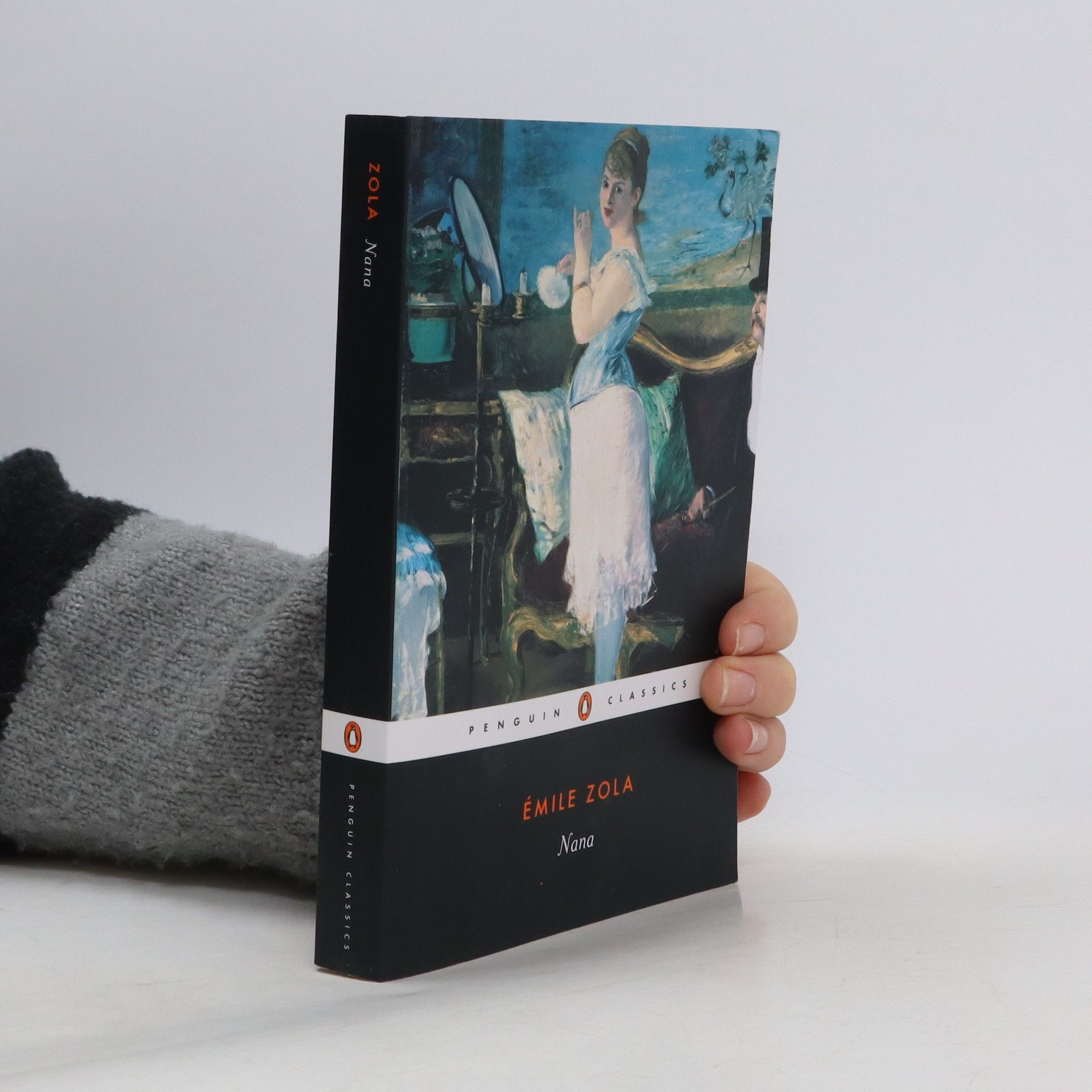Vyprávění o životě učitelů v pohraničí na severozápadní Moravě v době první republiky. Velkohubý šovinismus, sokolování, sbírková žebrota, lži o sociální spravedlnosti a hlavně bída, to vše formuje životy místních obyvatel. V takovém prostředí žije hrdina knihy, učitel Koukol. Celou duší věří v komunismus, ale je příliš mlád a nešťastný, aby nepropadl tehdy módnímu anarchismu alespoň způsobem svého života. Přestože originál byl napsán v roce 1933 k prvnímu vydání došlo teprve v roce 1961.
Miroslav Jirda Books




Scenes From A Courtesan'S Life
- 438 pages
- 16 hours of reading
The narrative centers on Esther van Gobseck, a courtesan navigating the complexities of 19th-century Parisian society. Known as La Torpille, she rises to prominence despite a tumultuous past linked to the criminal underworld and rival courtesans vying for wealthy patrons. The story intricately weaves themes of love, power, and social hypocrisy, highlighting the double standards faced by women in a male-dominated world. Balzac's vivid prose and complex characters offer a profound exploration of human experience and societal critique in this timeless classic.
Nana
- 480 pages
- 17 hours of reading
Prompted by his theories of heredity and environment, Zola set out to show Nana, "the golden fly," rising out of the underworld to feed on society—a predetermined product of her origins. Nana's latent destructiveness is mirrored in the Empire's, and they reflect each others' disintegration and final collapse in 1890. Built around the book's scientific skeleton is a powerful, sensual atmosphere, and a rich use of words which elevate the novel beyond the realistic platform into a "poem of male desires."
At convent school, a girl acquires romantic notions of a lover who will live for her alone. She marries a kind but dull country doctor and discovers that "This life of hers was as cold as an attic that looks north; and boredom, quiet as the spider, was spinning its web in the shadowy places of her heart." Emma Bovary's quest for escape from the emptiness of her bourgeois existence leads to infidelity and financial extravagance, and Gustave Flaubert's powerful and deeply moving examination of her moral degeneration is universally regarded as a landmark of nineteenth-century fiction. Flaubert was brought to trial by the French government on the grounds of this novel's alleged immorality but narrowly escaped conviction. Madame Bovary remains a touchstone for literary discussions of provincial life and adultery as well as a summit of prose art, a pioneering work of realism that forever changed the way novels are written. This complete and unabridged edition features the classic translation by Eleanor Marx-Aveling.